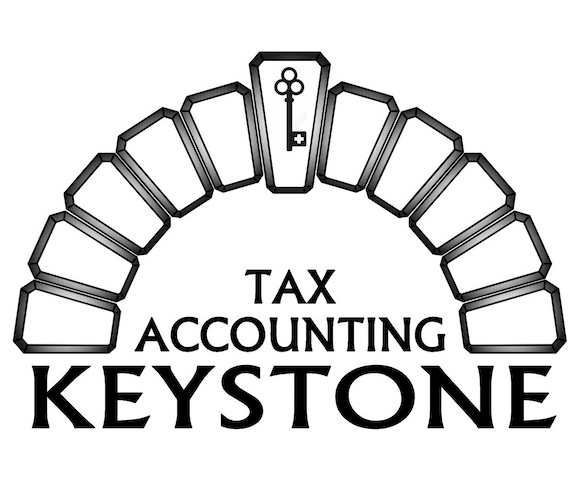First of all, an owner must decide what type of an entity it should be. The type of business determines which tax forms a business will have to file. The most common forms of businesses are sole proprietorships, partnerships, C and S corporations, and limited liability companies. Your choice will depend on various things like protection from the liabilities of your company, funding, partners, growth, complexity, etc.
Secondly, the type of business determines what taxes will have to be paid and how. Businesses usually file income tax returns, and pay income tax as they earn income throughout the year. If the amount of tax withheld from a taxpayer’s salary is not enough, estimated tax payments might have to be made. In addition, business owners should think about self-employment tax, employment taxes and sales tax.
Thirdly, choose a tax year. Businesses usually calculate their income based on a tax year (12 months). Your options are a calendar year (January 1 – December 31), and a fiscal yeah (12 consecutive months ending on the last day of any month except December).
In addition, set up your recordkeeping processes early – being organized helps monitor business’ income/expenses easier, evaluate if your business is profitable, prepare financial statements and tax returns, etc.
Starting a business is exciting, rewarding and profitable. At the same time, our government makes it complex. It’s also hard to cover all tax aspects of opening a business. If you have any additional questions, please don’t hesitate to call us at 408.412.3373 or email us at info@keystonetaxes.com.

Recent Comments